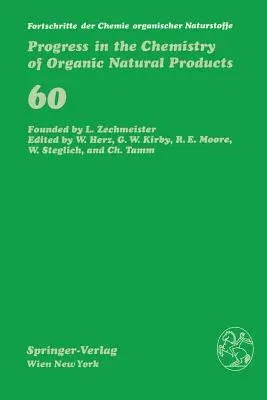Fortschritte Der Chemie Organischer Naturstoffe / Progress in the Chemistry of Organic Natural Products (Softcover Reprint of the Original 1st 1992)Paperback - Softcover Reprint of the Original 1st 1992, 12 February 2012

Qty
1
Turbo
Ships in 2 - 3 days
In Stock
Free Delivery
Cash on Delivery
15 Days
Free Returns
Secure Checkout
Part of Series
Fortschritte Der Chemie Organischer Naturstoffe Progress in
Print Length
243 pages
Language
English
Publisher
Springer
Date Published
12 Feb 2012
ISBN-10
3709192277
ISBN-13
9783709192276
Description
Product Details
Book Edition:
Softcover Reprint of the Original 1st 1992
Book Format:
Paperback
Country of Origin:
NL
Date Published:
12 February 2012
Dimensions:
22.86 x
15.24 x
1.37 cm
ISBN-10:
3709192277
ISBN-13:
9783709192276
Language:
English
Location:
Vienna
Pages:
243
Publisher:
Weight:
344.73 gm

